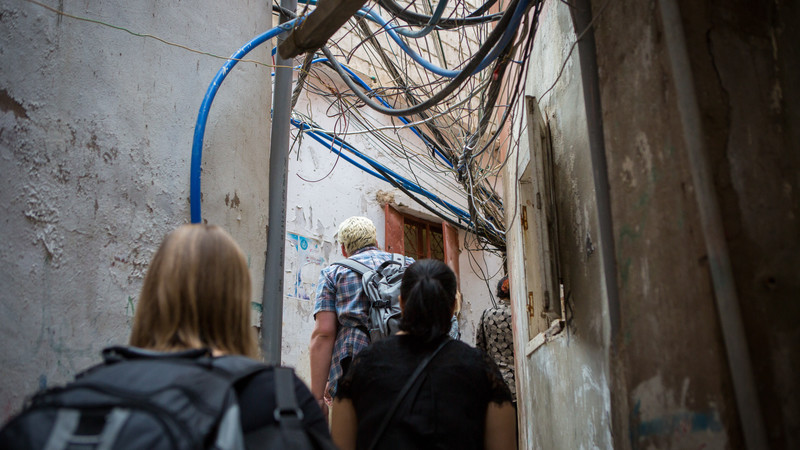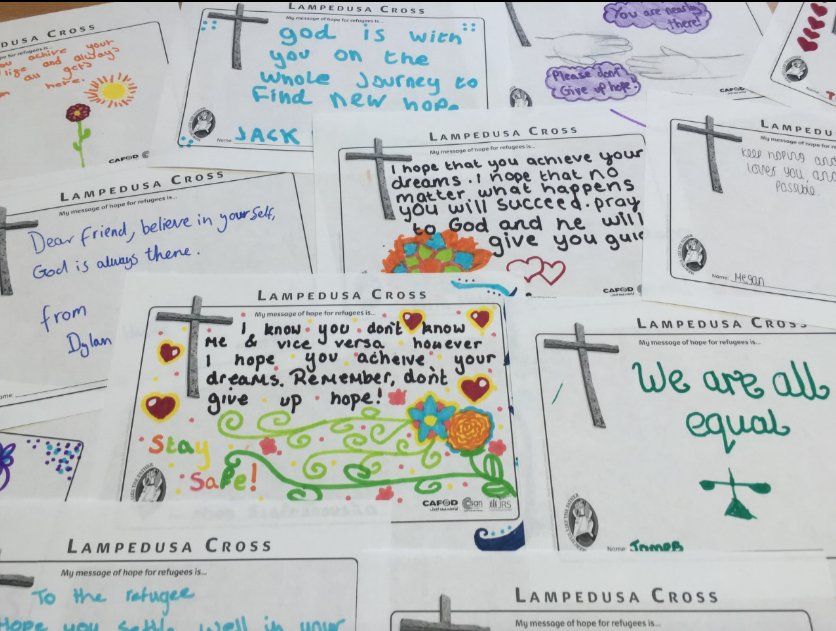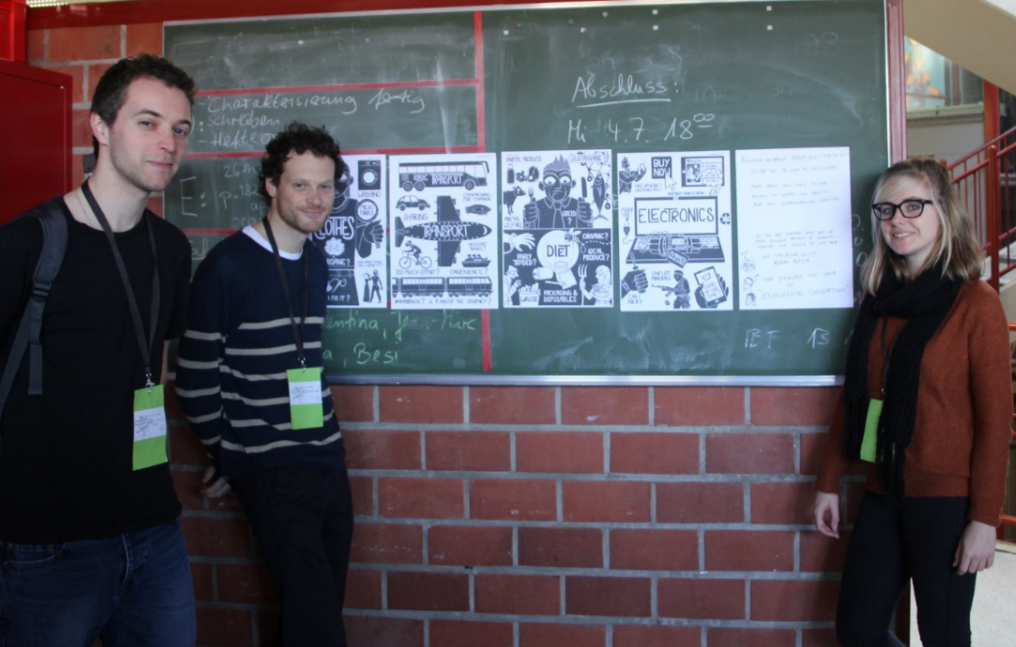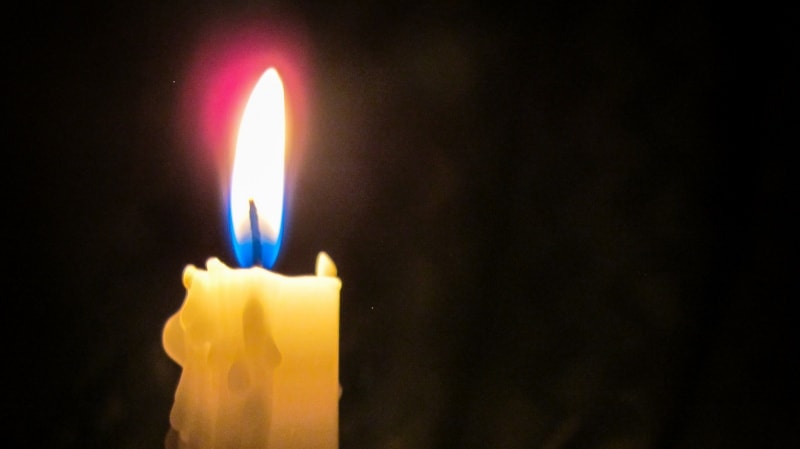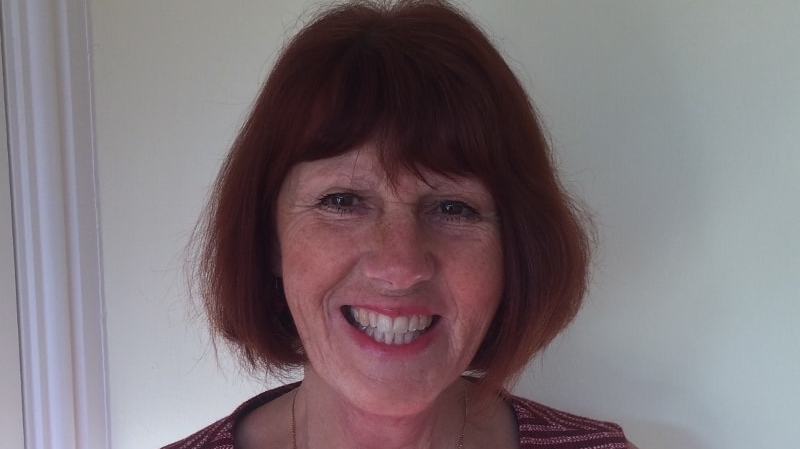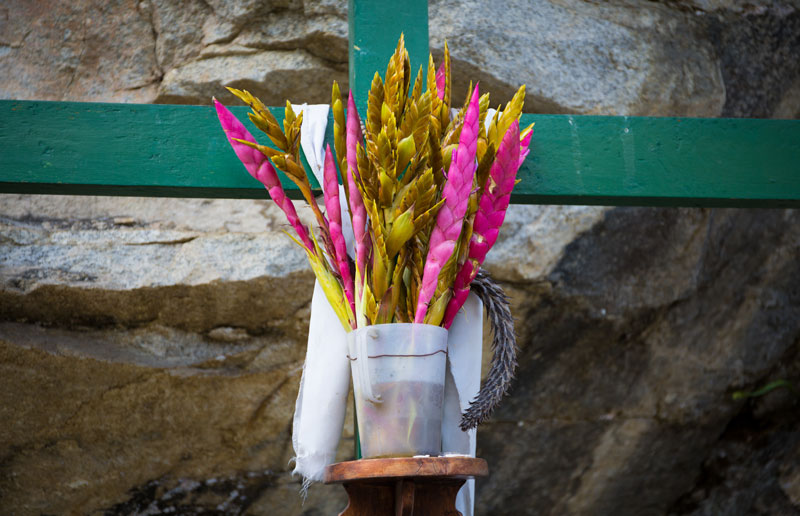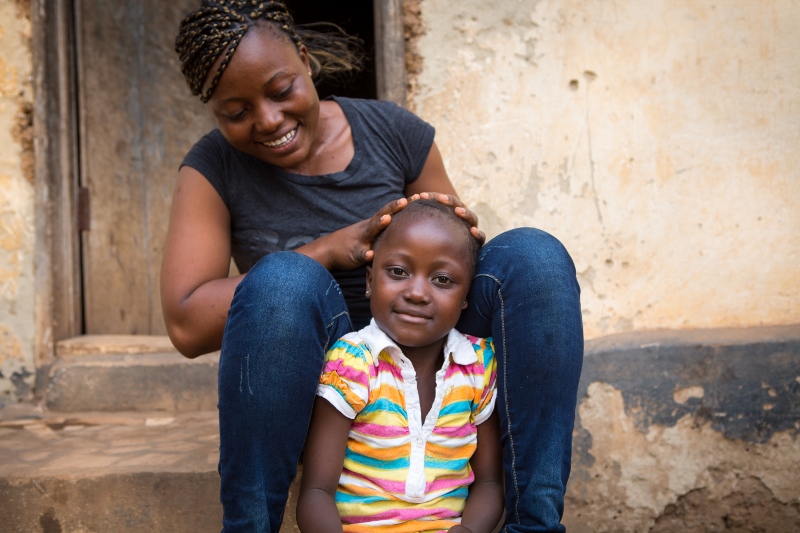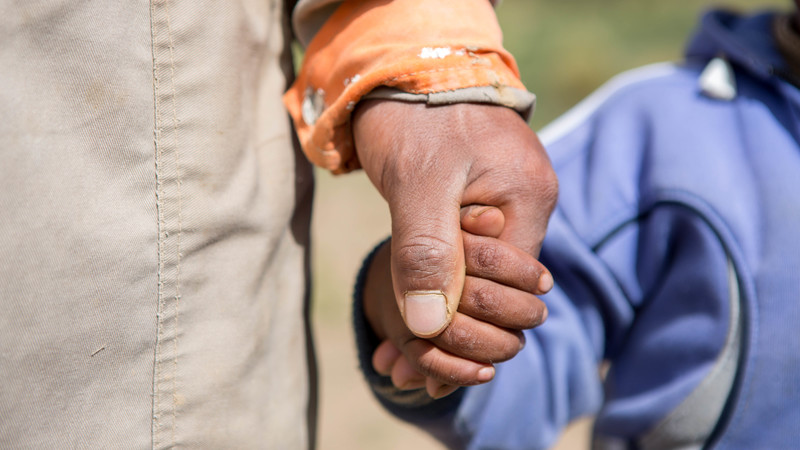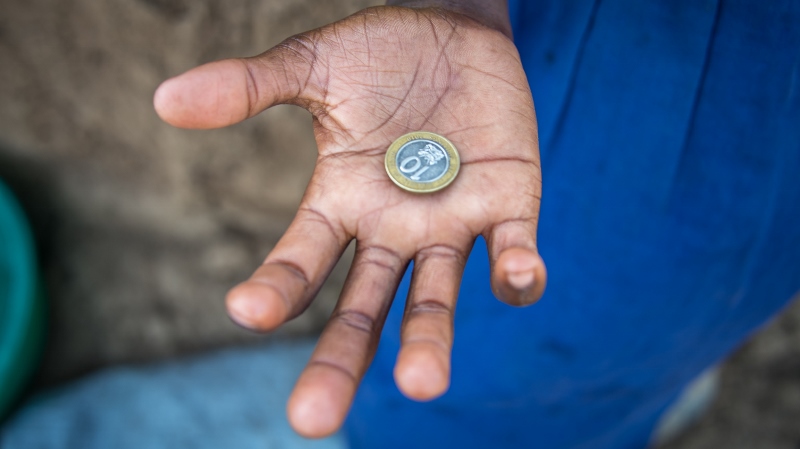“When they heard my Palestinian accent, they didn’t call back”
December 7, 2017
Richard Sloman is CAFOD’s Middle East Programme Officer. Here he reflects on his time in Lebanon where almost 40 per cent of the population are Syrian and Palestinian refugees. Richard visited one of Lebanon’s twelve Palestinian refugee camps – home to 450,000 people, one in ten of the country’s population.
Bourj el Barajneh in Beirut, Lebanon is one of the world’s oldest refugee camps. Established in 1948, it’s home to more than 31,000 people. These women, men and children live in just one square kilometre of land. That’s roughly 31 people for every square metre of earth.
Please give to CAFOD’s Advent appeal to help people living in poverty
Continue reading ““When they heard my Palestinian accent, they didn’t call back””

